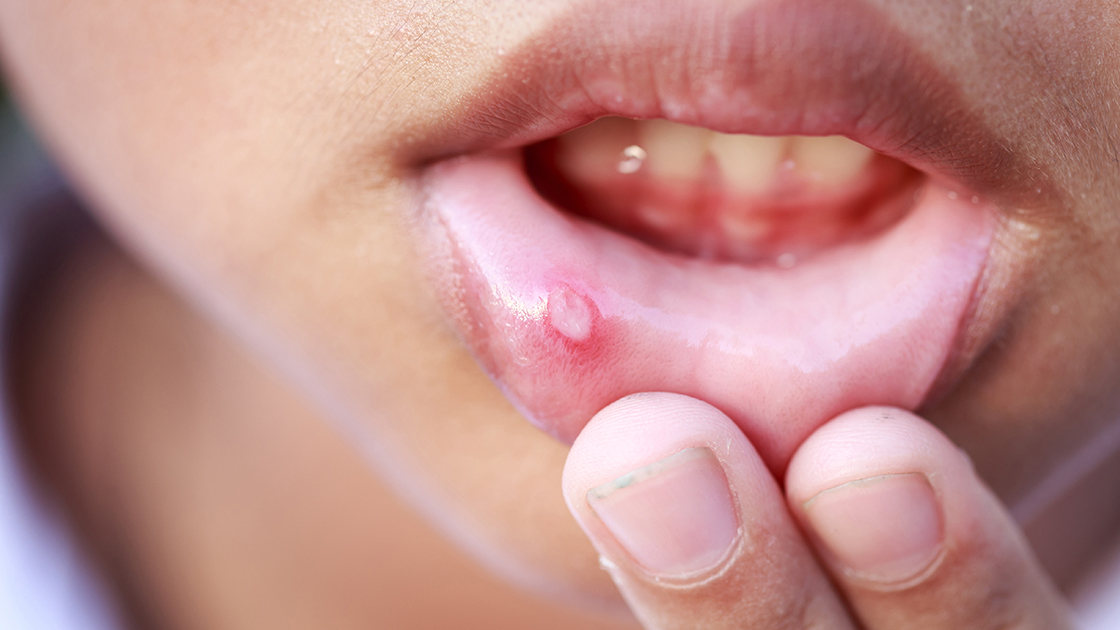Page Contents
Cold sores are medically known as herpes labialis. Also, they can be uncomfortable and recurrent. They are caused by the herpes simplex virus (HSV). Typically, these painful and unsightly blisters appear on or around the lips. They can affect anyone who has come into contact with the virus. While there are numerous over-the-counter treatments available for managing the discomfort associated with cold sores, laser therapy is an innovative solution that is gaining traction. So, in this passage, we will explore the symptoms of cold sores. We will also delve into traditional treatment options and discuss the promising benefits of laser therapy in relieving cold sore discomfort.
Symptoms of a Cold Sore
Cold sores are typically characterized by several distinct symptoms:
Tingling Sensation: Many individuals experience a tingling or itching sensation at the site where a cold sore is about to develop.
Blisters: Small, fluid-filled blisters or vesicles appear on or around the lips. These blisters can be painful and are often accompanied by redness and swelling.
Oozing and Scabbing: As the blisters rupture, they can ooze a clear fluid. After this stage, a scab forms over the sore.
Pain and Discomfort: Cold sores can be painful and may cause discomfort during eating, talking, and even smiling.
Contagious: Cold sores are highly contagious, and contact with the blister’s fluid can spread the virus to others or to different areas of your own body.
Traditional Treatment Options for Cold Sores
Over the years, numerous conventional treatment options have been used to alleviate the discomfort of cold sores:
1. Topical Creams and Ointments: People commonly use over-the-counter and prescription creams and ointments to relieve symptoms of cold sores. These products often contain antiviral agents or numbing agents. They help alleviate itching, burning, and pain associated with cold sores.
2. Antiviral Medications: Prescription antiviral medications, such as acyclovir or valacyclovir, can be effective in managing cold sores. These medications work best when taken at the first sign of symptoms. They help reduce the severity and duration of a cold sore outbreak.
3. Home Remedies: Many individuals turn to home remedies, such as applying ice, tea bags, or petroleum jelly, to provide temporary relief and promote healing.
4. Sunscreen: To prevent sun-triggered outbreaks, applying sunscreen to the lips and face can be beneficial.
The Benefits of Laser Therapy for Cold Sores
Laser therapy is an innovative and precise approach to addressing cold sores, offering several advantages:
Non-Invasive: Laser therapy is a non-invasive procedure, meaning it doesn’t require surgical incisions or the removal of tissue.
Immediate Pain Relief: One of the most significant benefits of laser therapy is the rapid pain relief it provides, alleviating discomfort associated with cold sores.
Enhanced Healing: Laser therapy stimulates tissue repair and regeneration, potentially reducing the duration of a cold sore outbreak and minimizing its impact.
Direct Viral Inhibition: Laser therapy can target the herpes simplex virus itself, potentially reducing viral activity and the severity of outbreaks.
Minimized Recurrence: Some individuals report a reduction in the frequency of cold sore outbreaks after laser therapy.
Customized Treatment: You can tailor laser therapy to target the specific area affected by the cold sore, ensuring precision and effectiveness.
Say No to Cold Sore Discomfort with Laser Therapy
For those who experience the pain and frustration of recurrent cold sores, laser therapy offers a promising path to relief and recovery.
Consulting with a healthcare provider to explore the potential of laser therapy is a wise decision for those seeking a more efficient and comfortable solution for cold sores. And, this innovative approach offers immediate pain relief. Additionally, it accelerates the healing process. It enables individuals to say no to the discomfort and social challenges associated with cold sores.
